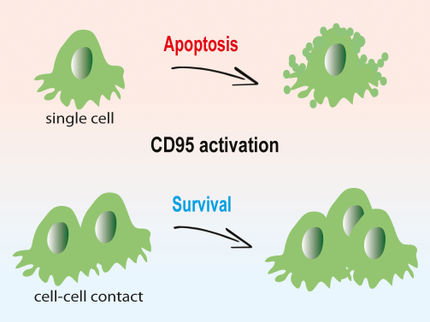Biomira selects PX-866 as clinical development candidate
Advertisement
Biomira Inc. announced that it has selected PX-866 as its next clinical development candidate. PX-866 is an inhibitor of the phosphatidylinositol-3-kinase (PI3 kinase)/ PTEN/AKT pathway, an important survival signaling pathway that is activated in many types of human cancer, including glioblastoma. Preclinical data presented at the American Association of Cancer Research (AACR) annual meeting demonstrate that PX-866 has activity in an intracranial model of glioma.
"The preclinical data for PX-866, including those presented at AACR, are very promising and warrant advancing this small molecule compound to clinical development," said Robert L. Kirkman, M.D., President and Chief Executive Officer of Biomira. "The data presented this weekend are particularly compelling, as they provide evidence of PX-866 activity in an intracranial model of glioma, a disease that accounts for 77 percent of all malignant brain cancers and is refractory to conventional therapies. We are in the process of completing preclinical studies designed to support the expected filing of an investigational new drug (IND) application for PX-866 later this year. Expanding and advancing our clinical pipeline is a key priority for Biomira, and we are on track to have four programs in clinical development by the end of 2007."
PX-866 is an inhibitor of the phosphatidylinositol-3-kinase (PI3 kinase)/PTEN/AKT pathway, an important survival signaling pathway that is activated in many types of human cancer. PI3 kinase is overexpressed in a number of human cancers, especially ovarian, colon, head and neck, urinary tract, and cervical cancers, where it leads to increased proliferation and inhibition of apoptosis (programmed cell death). In preclinical studies, PX-866 has been shown to induce prolonged inhibition of tumor PI3 kinase signaling following both oral and intravenous administration. The compound also has been shown to have good in vivo anti-tumor activity in tumor models of human ovarian and lung cancer, as well as intracranial glioblastoma.















































